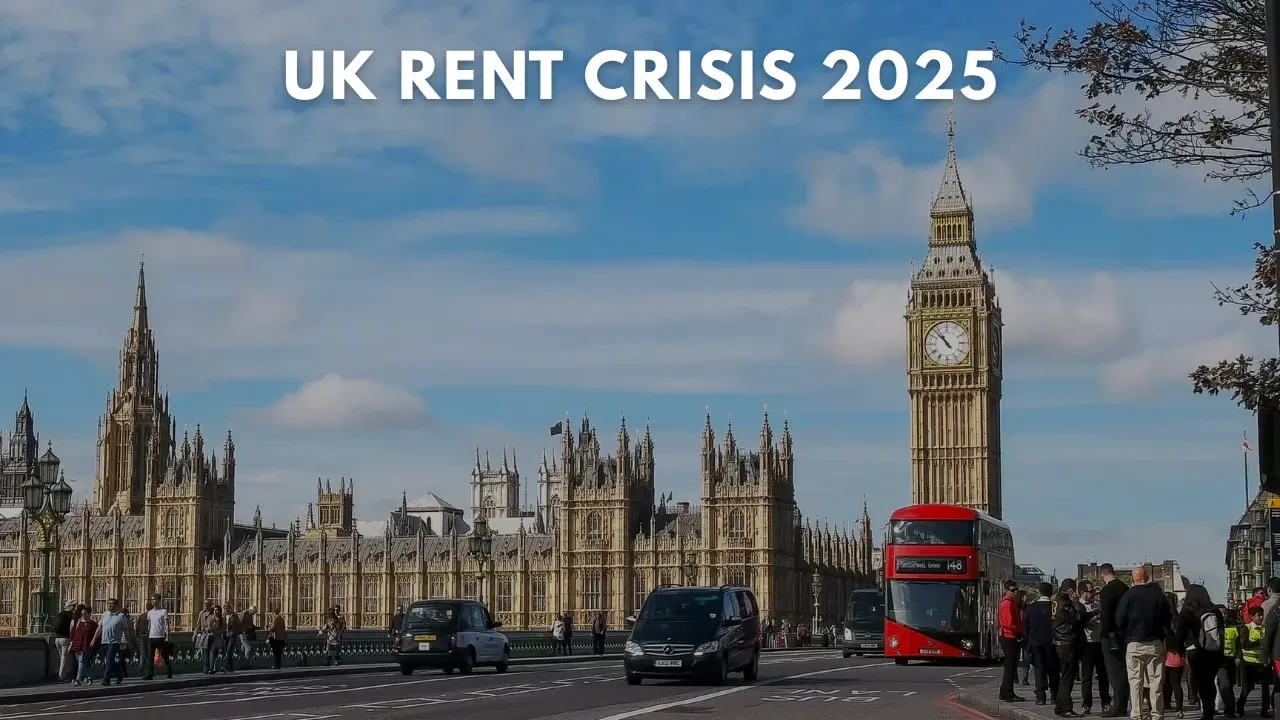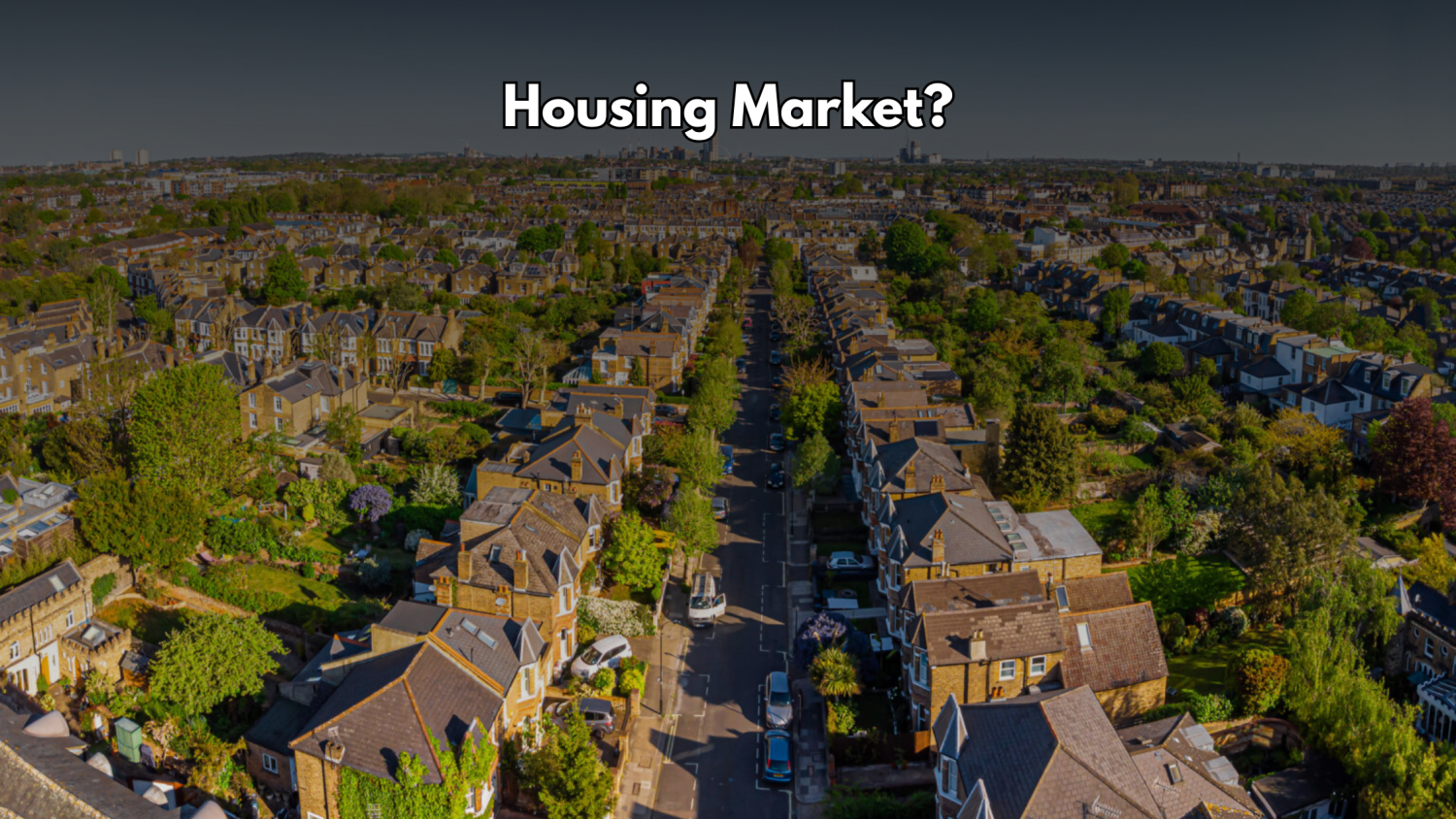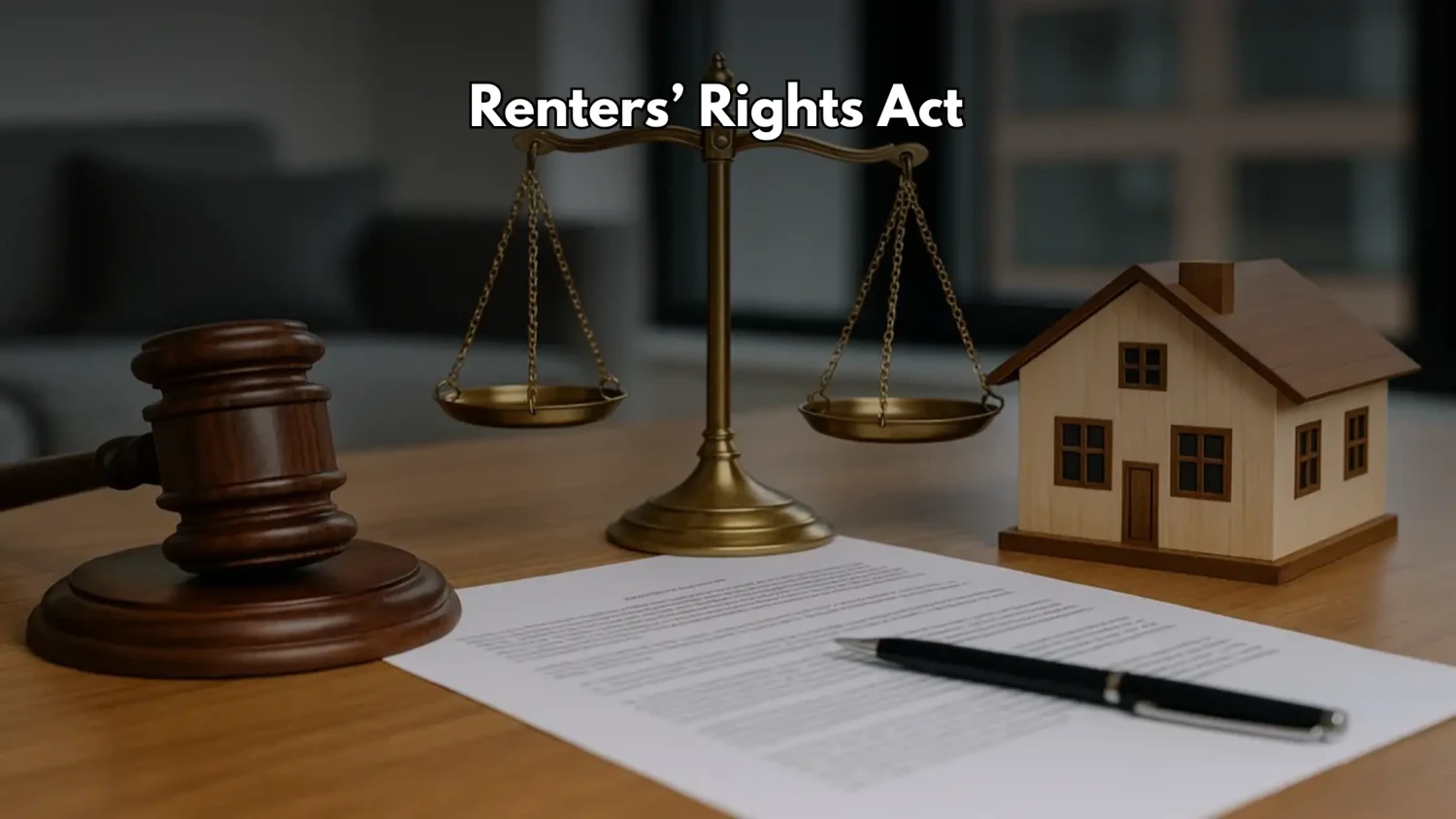
UK renters are facing mounting financial pressures, with more and more news articles covering the impact of rising rental inflations. Reports suggest that average rent has inflated by a staggering £270 since the pandemic. The ONS reports that rent inflations have only just recently started to slow their increase as public finance problems move to the background as UK inflation settles at 3.8% in July 2025; the highest year-to-year inflation since January 2024.
UK Rental Market Statistics: 2020–2025
|
Indicator |
2020 |
2022 (Peak) |
2024 |
2025 Latest |
|
Average Rent |
£1,000 |
£1,180 |
£1,250 |
£1,270 |
|
Annual Rent Inflation |
1.6% |
12.3% |
8.7% |
4.5% |
|
UK Inflation Rate |
0.9% |
10.1% |
3.4% |
3.8% |
|
Landlords Planning to Sell |
N/A |
25% |
29% |
31% |
Why Rents Remain High Despite Falling UK Inflation Rate
- Demand: Since Covid 19, demand from renters has, in fact, been around one-third above pre-Covid levels providing a challenge.
- Supply: In the UK, nearly one-third of landlords are planning to sell their properties before 2026, resulting in reduced rent supply.
- Regional Variances: Rental growth at 1.3% is highest in London, whereas towns with affordable rents (Rochdale) and in states like Belfast are shooting past 10%.
- Student housing crisis: This shortage needs to be sorted as we have students in Brighton renting single rooms for well over £1,000, which has limited disposable incomes, or forcing them to be reliant on student loans.
UK Inflation Rate and Cost of Living 2025
In July 2025, the inflation rate in the UK hit 3.8%, above market expectations. The components which were driving inflation include:
1. Transport: Air fares increased (30.2%), as did the price of fuel.
2. Food inflation: Increased to 4.9%, after 4.5% in June.
3. Services inflation: Increased to 5.0%; still ongoing domestic prices inflation.
4. Housing and utilities: there was a decrease to 6.2%, yet rents are still pressing.
This may suggest some ongoing strain within the financial side, especially for renters, that is providing a break for inflation, after it has dropped from 11.1% back in 2022.
What Can Help Tenants
- Expanding the housing stock with low-cost construction projects.
- Making Local Housing Allowance accessible to affected families.
- Increasing landlord incentives, so mass sell-offs do not occur.
Conclusion
The 2025 UK rent crisis is cruelly ironic because average rents are very close to their peak, and the inflation rate, as against its pandemic peak, is settling down across the UK. If nothing is done in terms of supply and affordability, a greater share of tenants will continue to feel the pinch heading into 2026.
FAQ About UK Rent Crisis 2025
Q1: What Is The Average Rent For The UK In 2025?
Zoopla highlights that the average monthly rent in the UK is £1,270 and is £270 more than in 2020.
Q2: What Is The Inflation Rate For The UK In July 2025?
As per the Office for National Statistics, the UK inflation rate reached 3.8% in July 2025, mainly because of the rise in transport and food prices.
Q3: Are Rents Still Increasing In The UK?
The increase continues, but the pace has slowed. The Office for National Statistics reported 4.5% rent inflation in July 2025, a sharp drop from 8.7% in late 2024.
Q4: What Is Driving The Increase In UK Rents?
Elevated UK rents have been the result of strong demand, constrained rental supply, and numerous landlords looking to exit the rental market.









